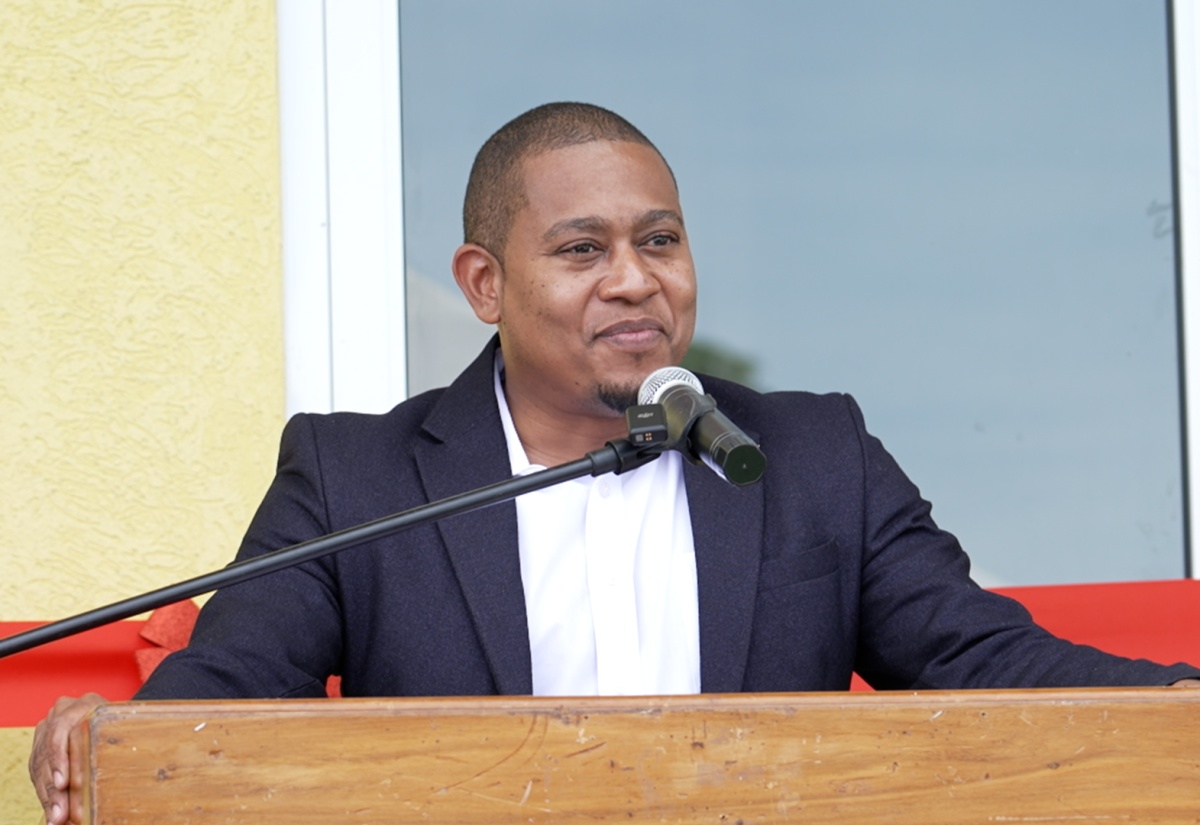New Tissue Culture Lab at Case Deemed Significant to Ensuring Jamaica’s Food Security
By: , January 30, 2025The Full Story
The newly opened tissue culture laboratory at the Portland-based College of Agriculture, Science and Education (CASE) is deemed by Minister of Agriculture, Fisheries and Mining, Hon. Floyd Green, to be a significant step towards ensuring Jamaica’s food security.
Speaking during the facility’s official opening on January 24, Mr. Green said the lab “is a significant leap in our relation to our plant propagation capacity, enabling us to sustainably develop supplies of disease-free plant varieties”.
“This tissue culture lab is going to help us on our mission towards food security. By utilising tissue culture, we can ensure sustainable production and maintain our ability to feed ourselves at all times” he added.
According to the International Service for the Acquisition of Agri-biotech Applications (ISAAA), tissue culture is the cultivation of plant cells, tissues or organs on specially formulated nutrient media.
It is an important technology for developing countries for the production of disease-free, high-quality planting material and the rapid production of many uniform plants.
Minister Green noted that the development of disease-free varieties is part of the drive under the Ministry’s national tissue culture technical working group, which includes CASE.
Additionally, he said the benefits of the lab at CASE will be experienced “in real ways”, pointing out that the Ministry will be sharing 33 Irish potato isolates with the institution, “so that, through this… lab, CASE can lead out on our in-field development”.
“We have already written to the Food for Progress Jamaica Spices Project, and I have asked them to provide some resources so that we can get more equipment to help in the Jamaica Spice Project, so [that] CASE can lead out in the tissue culture technology around ginger, turmeric and pimento,” Mr. Green further informed.
He also advised that the Ministry will be working with the College, through the lab, to explore crop propagation techniques, such as grafting, and to assess the regrowth of select fruit tree crops.
The Minister said this will be done collaboratively with the Orange River research station in St. Mary, in a bid to support the conservation of plant resources for fruit production.
The lab can also assist in the crop breeding programme for Scotch bonnet pepper, as well as strengthen sweet potato systems, he added, pointing out that, “this is not just a CASE project, this is, in fact, a national project.”
Mr. Green maintained that in order to transform and modernise agriculture, research and development must be the focus.
Consequently, he lauded the tissue culture facility as being critical in ensuring, “that the best food in the world can go to the world [and] that our farmers can make real money from agriculture”.
“Because it’s not just about production, it has to be about productivity; and you can’t get that without a strong focus on research and development. This tissue culture lab, which is at the heart of our training institution, will not only ensure that we are doing real work that can be replicated in the field… more than that. It will ensure that we are training the next generation of scientists that will work with our farmers,” Mr. Green said.
For his part, CASE President, Dr. Derrick Deslandes, noted that the lab was built primarily by the College’s staff, lauding the “very strong internal team” at the institution.
He also hailed the Ole Farmers Association, North America (OFANA), as well as other donors, for their significant investments in the lab.
The President highlighted CASE’s ongoing transformation, pointing out that the institution is working to cement itself as a viable science-based programmes option for students in the region.




